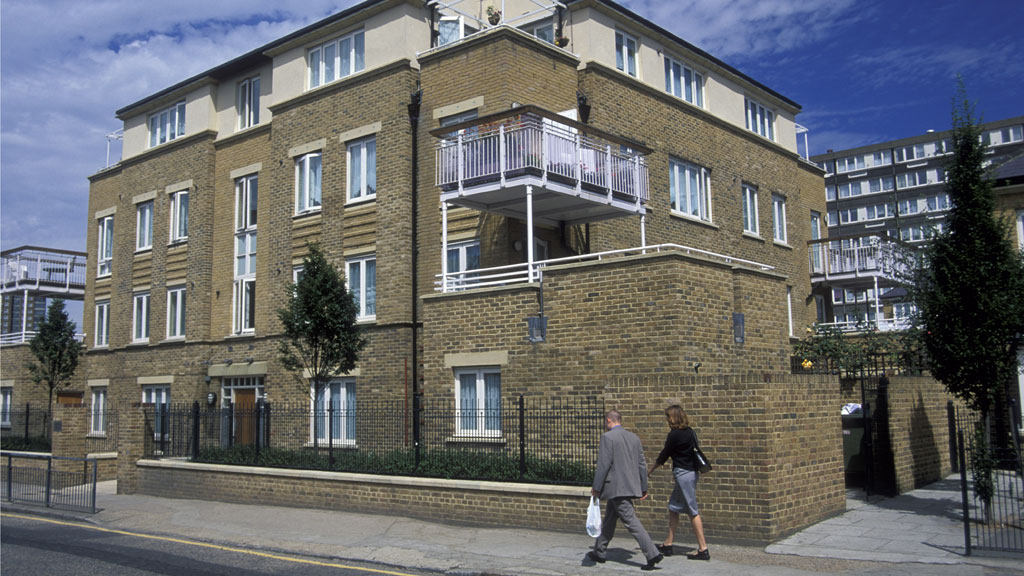Tenants in arrears ‘because of bedroom tax’
Half of tenants hit by the so-called “bedroom tax” have been pushed into rent arrears just weeks after its introduction, according to the body representing housing associations.

A survey of 51 housing associations by the National Housing Federation (NHF) found that 51 per cent of residents affected by the reforms (32,432 people) were unable to pay their rent between April and June.
A sample of 38 housing associations found that 25 per cent of people affected (11,064 tenants) were in rent arrears for the first time.
Under the government’s welfare reforms, social tenants deemed to have more bedrooms than they need have had their housing benefit reduced since April.
Ministers say private sector renters do not receive spare rooms for free, and argue the change will save around £500m a year.
The Department for Work and Pensions (DWP) says the reforms have only just been introduced and it is wrong to suggest that people’s initial experiences “represent long-term trends”.
The removal of what the government calls the “spare room subsidy” has led to protests across Britain, with critics saying it will force families into poverty and increase the benefits bill by pushing people into the private sector, where rents are higher.
‘Stress and anxiety’
Raquel Rolnik, the UN’s special rapporteur on housing, has called for the reforms to be scrapped after finding that they were was causing “great stress and anxiety” to “very vulnerable” people. Tory chairman Grant Shapps has written to UN Secretary General Ban Ki Moon demanding an apology.
Liberal Democrat activists voted overwhelmingly at the party’s conference in Glasgow to commit the party to a review of the policy’s impact on vulnerable families.
The 'bedroom tax' - the key questions
NHF Chief Executive David Orr said: “This is the most damning evidence yet to show that the bedroom tax is pushing thousands of families into a spiralling cycle of debt.
“If these figures are replicated nationwide, over 330,000 households could already be struggling to pay their rent and facing a frightening and uncertain future.
‘People are trapped’
“What’s more, people can’t even move to smaller homes to avoid the bedroom tax because there aren’t enough smaller properties out there.
“Housing associations are working flat out to help their tenants cope with the changes, but they can’t magic one-bedroom houses out of thin air. People are trapped.”
In March, the NHF estimated that 180,000 households were under-occupying two bedroom social homes, but only 85,000 one-bed social homes became available in 2011-12.
‘Necessary reform’
A DWP spokesperson said: “The removal of the spare room subsidy is a necessary reform to return fairness to housing benefit.
“Even after the reform we pay over 80 per cent of most claimants’ housing benefit, but the taxpayer can no longer afford to pay for people to live in properties larger than they need. It is right that people contribute to these costs, just as private renters do.
“It is just wrong to suggest the early stages of the policy, as people start to adjust to the changes, represent long-term trends in any way whatsoever or that a self-selecting poll of a small minority of landlords provides a clear picture of the reform.”